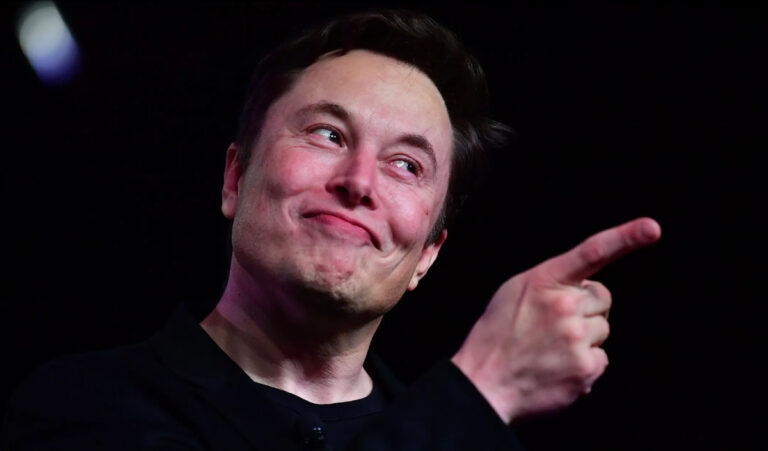Nearly half of Elon Musk’s Twitter followers are fake, new data reveals

Shortly after Forbes published the World’s billionaires list of 2021, Cashfloat took it upon itself to have a closer look at it in order to establish the entrepreneurs with the highest number of fake followers on Twitter—don’t ask why, just trust the process. And surprise, surprise, space bro Elon Musk sits on top of the list with over 28 million of his 60 million followers being fake, which equals to 46.5 per cent of his Twitter fanbase. Let’s analyse the nine other wealthy individuals who made it to the top ten now, shall we?
In second place with 42.3 per cent (over 23 million) comes Bill Gates, followed by the CEO of Alphabet Inc. and its subsidiary Google, Sundar Pichai, with 39.3 per cent. Then comes Musk’s nemesis, Jeff Bezos, who has 38.7 per cent fake Twitter followers. Jack Ma Yun, co-founder and former executive chairman of Alibaba Group, takes fifth place with 244,839 fake followers. Michael Bloomberg, former New York City mayor and Bloomberg’s co-founder—yes, he also briefly took part in the US presidential election of 2020—allegedly has 34.8 per cent of his Twitter following made up of fake accounts.
Because this list would not be merely as fun as it is now without the complete space race trio, we see Richard Branson take seventh place with more than 4 million fake followers, which only represents 33.5 per cent due to his impressive total Twitter following. Branson appears just above Jack Dorsey, also known as the man who graced us with Twitter in the first place. 29.6 per cent of Dorsey’s followers on his own platform are bots.
Next up in ninth place is Mackenzie Scott, who lands a lot lower than her ex-husband, Bezos, with only 23.8 per cent of fake Twitter followers—43,043 out of her total 180,855 followers. And last but not least of the ten entrepreneurs analysed, Steve Ballmer, who was CEO at Microsoft for 14 years, has the lowest number of fake followers (amounting to only 23.5 per cent).
In order to determine who the filthy rich people with the highest percentage of fake Twitter followers were, Cashfloat first had to identify a seed list of the world’s wealthiest individuals. Once each one of them was looked up on Twitter to verify whether they have an active account, Cashfloat got some help from SparkToro’s fake followers auditing tool, which was utilised to measure the number and percentage of fake followers of each respective well-to-do person.
While other renowned entrepreneurs such as Warren Buffett, Mark Zuckerburg and Mukesh Ambani were omitted from the data as they no longer have an active Twitter account, the insights on the ones whose tweets literally shake up the stock market are alarming.
I think Twitter is deleting fake, scam or maybe even inactive accounts. My follower count decreased by ~20k over the past few days.
— Elon Musk (@elonmusk) November 7, 2018





